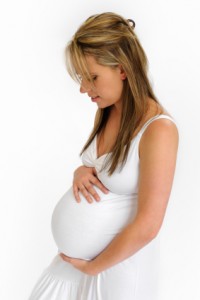Back Pain In pregnancy
 Is back pain common in pregnancy?
Is back pain common in pregnancy?
Yes, one to two-thirds of pregnant women will experience back pain to some degree especially at the later end of pregnancy.1 It is more common in women who have pre-existing back pain or suffer from back pain in previous pregnancies.
- Hormonal changes during pregnancy could lead to joint laxity, muscle and ligament weakness
- The extra weight and fluid retention places more stresses on the back
- Changes in posture during pregnancy.
- Wear proper supporting shoes i.e low heeled but not flat with a good arch support
- Avoid lifting heavy objects if you still need to get help from others and lift the objects properly.
- Ensure you are sleeping on a good firm supporting mattress
- Sleep on the side with pillows between your knees to provide support and relief from back pain.
- Apply heat, cold or massage to the painful area
- Avoid prolonged periods of sitting or standing. Take breaks in between.3
- Rest. Lie on your side with your knees and hips bent. A pillow could be placed beneath your tummy to support your uterus or in between your legs to relief to stress on your back.
- Back exercises. Ask your doctor regarding any exercise which could strengthen your trunk muscles to stabilize your spine so that you could relieve your back pain.
- See a physiotherapist to get a support belt.
- Swimming could give some relief.
- Medication to relieve your back pain. Paracetamol is safe in pregnancy. Non-steroidal anti-inflammatory drugs (NSAIDS) should be avoided in pregnancy. If the pain is still not relieved, your doctor may prescribe you with a stronger analgesia which is suitable in pregnancy.
- Severe back pain interfering with your daily activities and sleep
- Back pain associated with lower abdominal cramping. This may be due to contractions.







